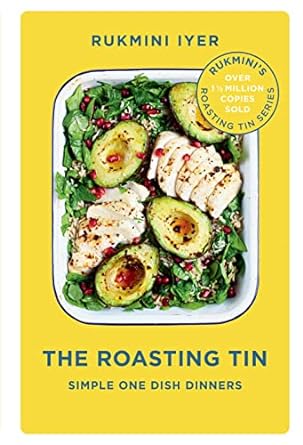Apples

NUTRITION
Apples are rich in sugars (glucose, fructose, and sucrose). They contain useful amounts of fibre, vitamin C and potassium. Guercetin, a flavonoid that may help protect against heart disease, is also present.You may need to look beyond the supermarket shelves to find them, but there's an exciting variety of apples from UK orchards - sharp apples, sweet apples, crunchy apples, softer-fleshed apples, red apples, yellow apples, green apples and everything in between. Many are perfect for enjoying on their own as a delicious, healthy, energy-boosting snack. And when used as an ingredient they can be transformed into some of THE great desserts (see recommended recipes), combining magically with flavours such as caramel, cinnamon or blackberries.
HISTORY
Although the origins of the apple are not clear, it is almost certainly one of the first fruits to have been cultivated. Apples were a favourite of the ancient Greeks and considered a luxury fruit by the Romans.
The apples familiar to us are a cultivated product, far removed from the small, sour crab apples that were the wild ancestors. Today apples are grown across the globe outside of tropical regions. China is by far the largest apple producing country, responsible for over 40% of the world's output.
BIOLOGY
The apple (Malus pumila) is a member of the Rosaceae family, which includes roses, strawberries, raspberries, apricots, plums and pears. There are thought to be over 7,000 varieties of apple.
TIPS
BUYING
The apples sold in supermarkets are varieties developed for good disease
resistance or storage properties, often at the expense of flavour. As
Elspeth Huxley (author of The
Flame Trees of Thika and other books) wrote: "You cannot
sell a blemished apple in the supermarket, but you can sell a tasteless
one provided it is shiny, smooth, even, uniform and bright."
For more interesting and flavoursome varieties, look out for growers'
stalls in farmers' markets or visit a pick your own orchard.
Apples should be firm with taught unbroken skins. Many varieties have naturally freckled or dull matt surfaces - don't shy away from those without the high-sheen finish supermarkets have led us to expect. The odd blemish on apples grown with low/no pesticides is nothing to be afraid of. The fragrance of an apple is a good indicator of freshness and quality.
All 'eating' apples can be used in cooking but the opposite is not the case. Bramley is the definitive English cooking apple and it bakes to a wonderful fluffy texture. For cooked dishes requiring a firmer texture (such as apple tarts), Cox or Granny Smith are a reliable choice.
Other main UK varieties include:
-
Egremont Russet (sweet, crisp and nutty - fantastic with a cheese board or when cooked with warm spice flavours)
-
Elstar (juicy, sweet and honeyed - makes a great tarte tatin)
-
Spartan (well balanced flavour - enjoy on its own)
-
Worcester Pearmain (our top choice for juicing)
There are dozens of other varieties that are less widely available but often excellent; if you see a type you've never heard of, give it a try.
STORING
Apples should be kept cool, in a plastic bag, in the fridge (or larder or garage) rather than the fruit bowl - the rate at which apples lose flavour and juiciness is proportional to the temperature at which they are stored. Apples are much less perishable than most fruit and many varieties will keep for a month or longer if bought fresh (those sold in shops may have been in storage for some time) and kept cool.
PREPARING
Give apples a thorough scrub and rinse - apple trees are often treated with an aggressive program of chemical sprays.
If peeling or slicing apples, drop the pieces in water acidulated with lemon juice to help prevent them oxidising (and so discolouring). Apple seeds contain amygdalin, a naturally occurring cyanide and sugar compound that degrades into hydrogen cyanide, so are best avoided.
MISCELLANY
Between 1987 and 2003 the number of commercially-active UK apple growers declined from around 1,500 to 500 and production fell from over 250,000 tonnes to less than 150,000 tonnes a year. Demand for apples over this period remained relatively stable and we're now importing more and more apples from South Africa, Chile, the USA and New Zealand, and even France and Italy where the growing season is basically the same as here.
The decline of apple growing in this country leaves us with impoverished choices, in terms of variety and quality, at a higher cost to the environment. Whilst big supermarkets' obsession with uniform, easy-store produce may be partly to blame, as consumers we all play a part. There's no real excuse for buying any apples grown outside the UK between late September and the end of the year.
IN OUR FAVOURITE BOOKS
To support site running costs, we participate in the Amazon affiliates scheme and book links take you to the relevant Amazon page.
 Includes a recipe for
Includes a recipe for Romanesco apple & hazelnut salad with blue cheese dressing
 Includes a recipe for
Includes a recipe for Wholemeal apple and marmalade cake
 Includes a recipe for
Includes a recipe for Date & walnut cinnamon stuffed roasted apples


